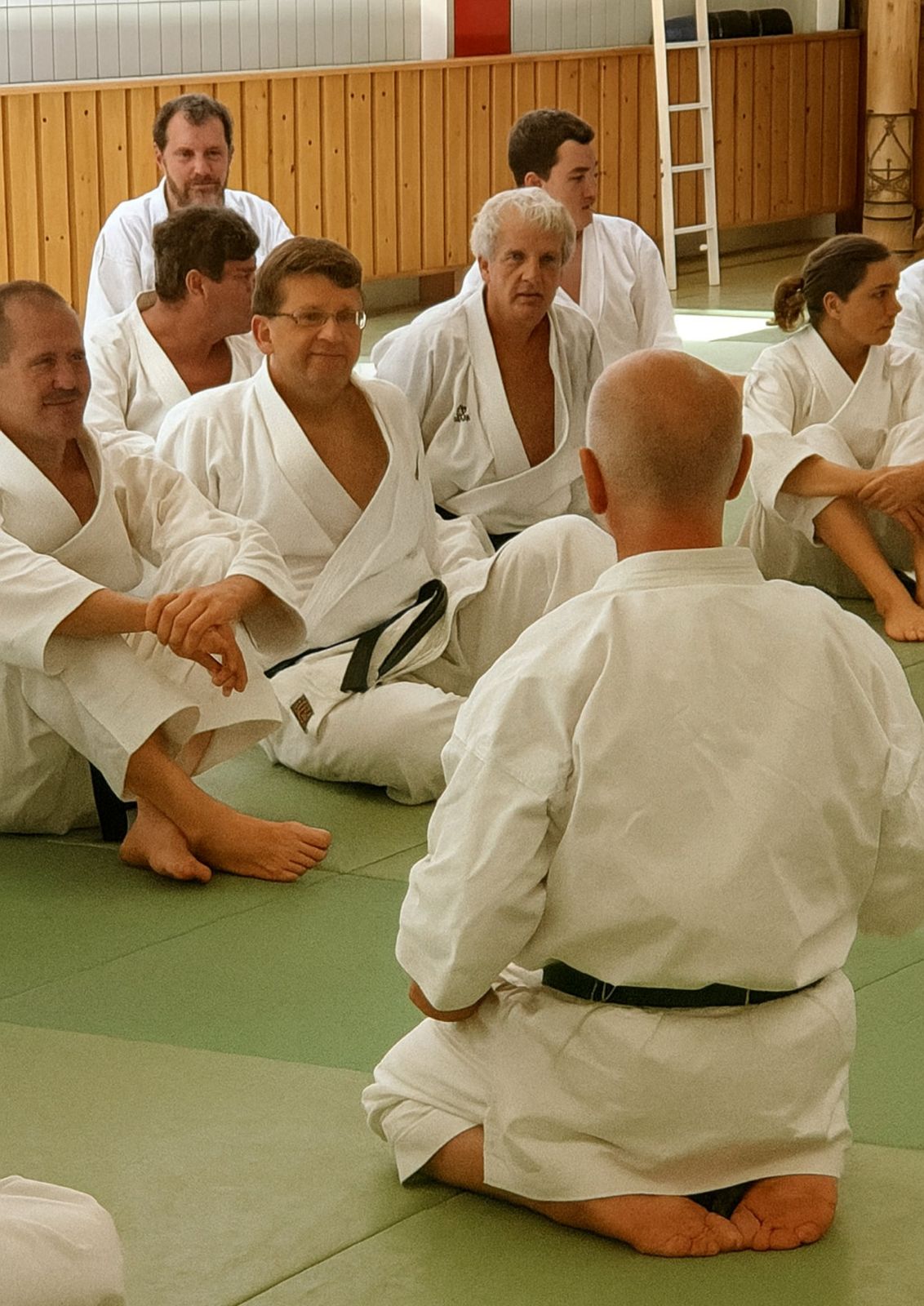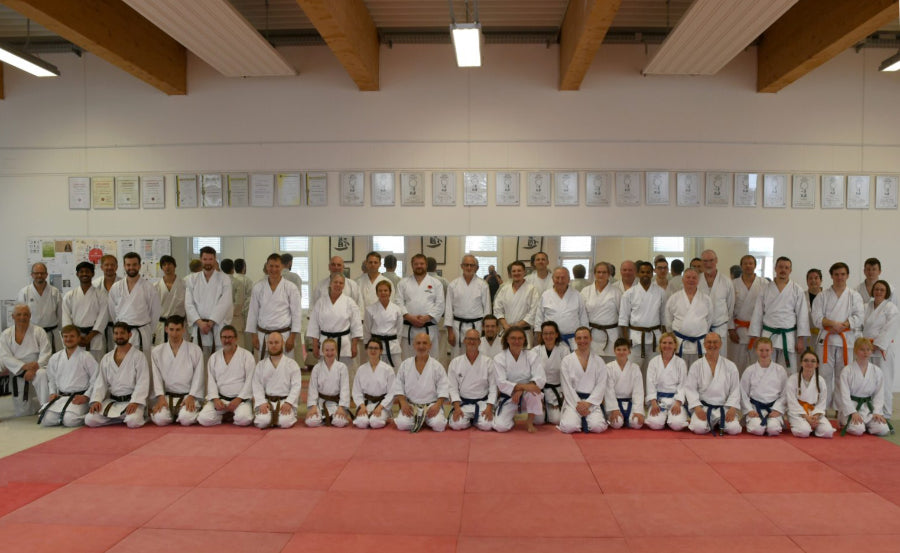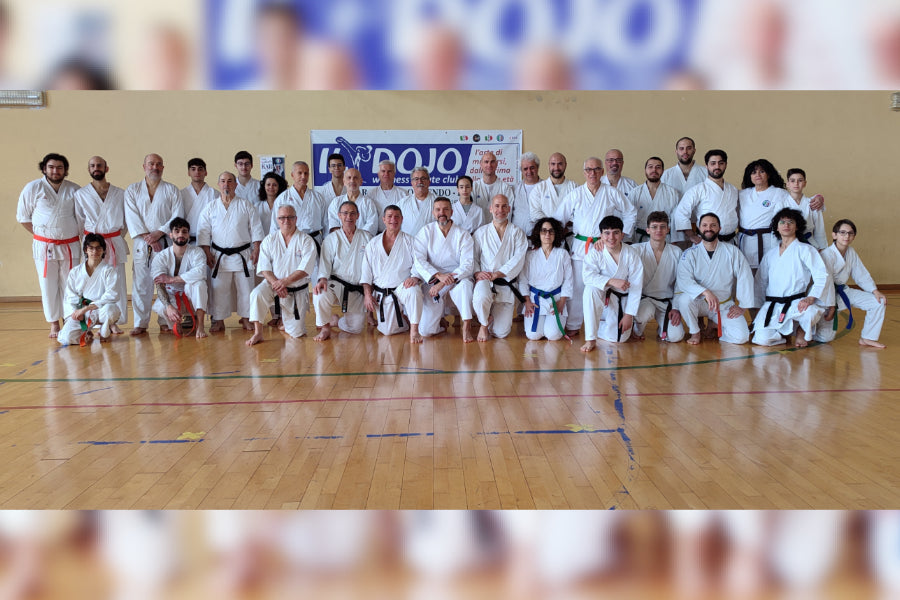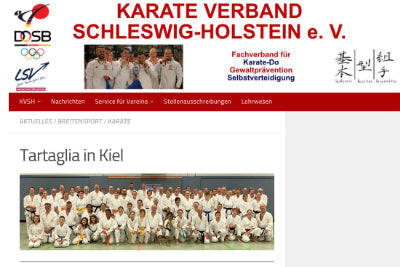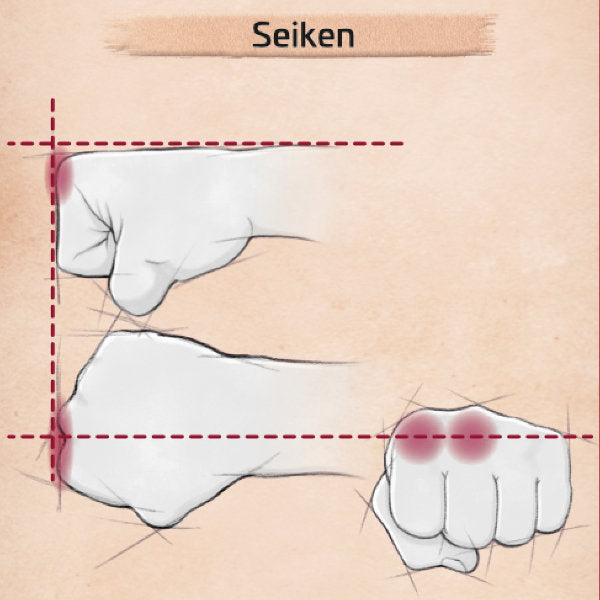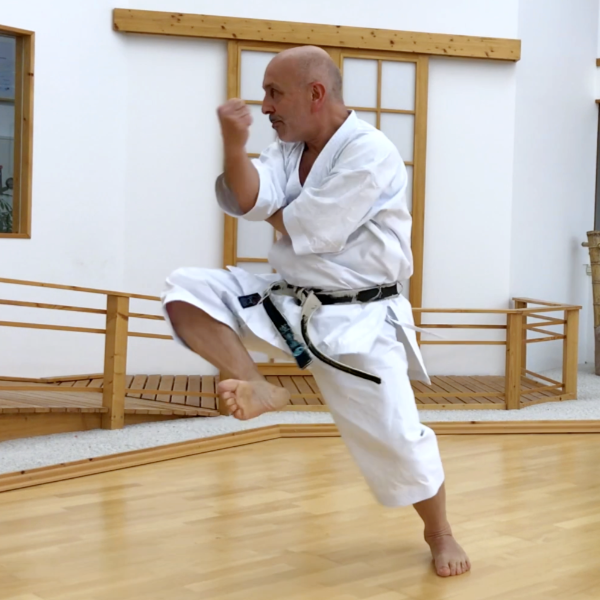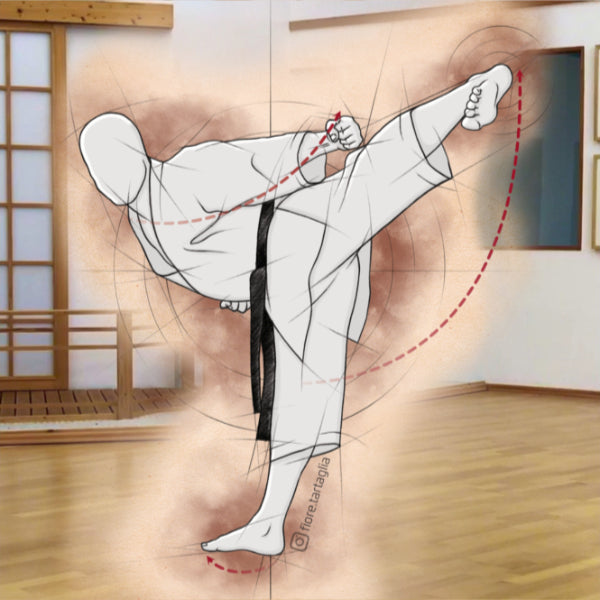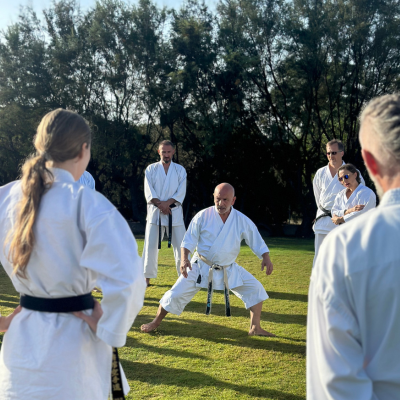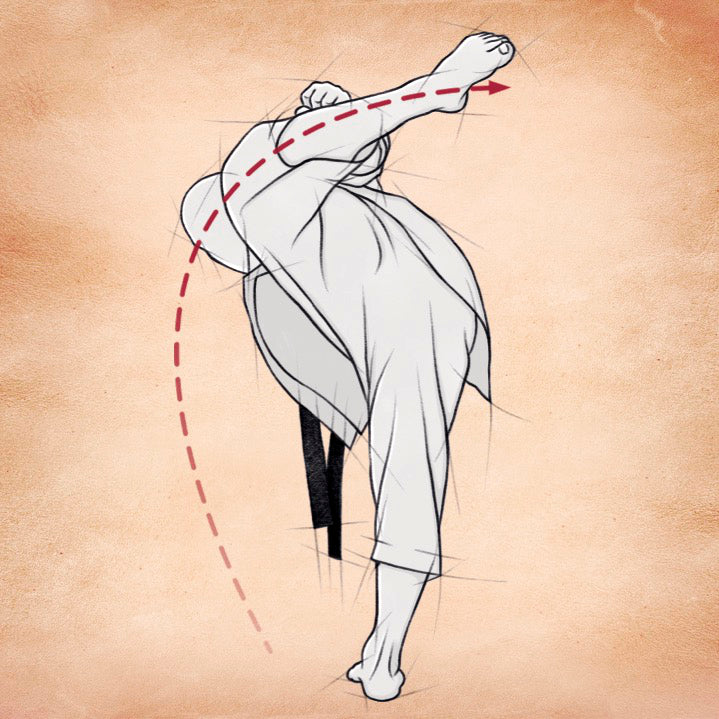
"In a world increasingly out of balance, karate offers a firm anchor. It teaches us to find inner peace, practice respect, and combine strength with responsibility—values that are more important today than ever to harmonize both ourselves and the community around us."
In my many years of practice, I have realized that the continuous adaptation and development of karate is crucial to its success today. Combining modern training methods and scientific findings with the traditional practices of karate has significantly increased the effectiveness and appeal of this martial art.
Karate as a competitive sport
One of the most notable developments in modern karate is its recognition as an Olympic sport. Karate made its debut at the 2021 Tokyo Olympic Games—a significant milestone for the entire karate community. The competitive sport encompasses two main disciplines: kumite and kata .
Kumite, in particular, builds character: On the fighting field, you stand alone. Although the coach and team provide strong support, the athlete is the one who takes complete control of the action—solely responsible for every decision and the outcome. This challenge not only promotes performance in competition, but also builds strength of character in life.
The role of philosophy and discipline
Karate is far more than a sport or a method of self-defense. It is a way of life based on deeply rooted philosophical principles. Values such as discipline, respect, courtesy, perseverance, and self-control are integral parts of karate training. These principles help practitioners not only develop their physical abilities but also gain mental and emotional strength.
In the dojo, we learn these values in every movement, every technique, and every thought (in karate, this is referred to as "Zen in Motion"; see also CW Nicol's book "Moving Zen: Zen in Motion"). Teaching them is crucial to unlocking karate's true potential. Karate is a path that leads to personal transformation and enables a deeper understanding of oneself and the world.
Karate in modern society
Karate also serves as a tool for personal development and to promote physical and mental health. Many people practice karate to reduce stress, gain self-confidence, and improve their overall fitness.
Furthermore, karate has a strong social component. It unites people of all ages, genders, and backgrounds and promotes intercultural exchange. In our dojo, "Taikikan," we preserve the traditions and inspire new members with our special dojo atmosphere.
Karate has the unique ability to bridge cultures and generations. Shared values and goals create a sense of community and solidarity that extends far beyond the dojo. It's not for nothing that it's often said, "Karate is one big family."
The future of karate
Karate faces the challenge of preserving its traditional roots while simultaneously adapting to modern requirements. Digitalization offers new opportunities, such as online courses and innovative training methods. Social media has the potential to make karate accessible to an even wider audience and establish it at a high level.
In the future, I see a greater integration of technology and traditional training. This connection will help make karate even more accessible and inclusive globally and inspire the next generation of karateka.
Conclusion
Karate today is far more than a martial art. It is a way of life that promotes discipline, respect, and physical fitness. With its rich history and ability to adapt to the demands of the modern world, karate remains a relevant and inspiring practice.
Whether in the dojo or in everyday life, karate will continue to inspire and unite people around the world. I live this passion and am happy to share my knowledge of karate with you. It motivates me to write textbooks and inspire even those who don't yet practice karate to embrace this unique art.

